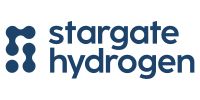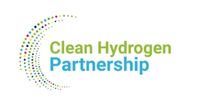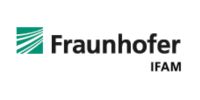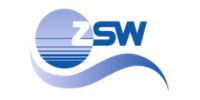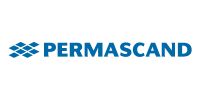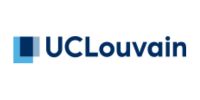ENDURE
Alkaline Electrolysers with Enhanced Durability.
January 2024 - December 2026
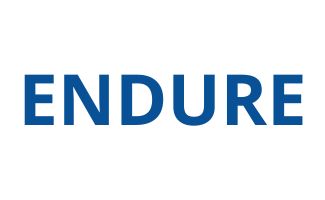
SUMMARY AND OBJECTIVES
Today’s alkaline electrolysers are typically operating at voltages exceeding 2 V/cell, corresponding to electrolyser power consumption >54 kWh/kg. Improved performance (so-called intensified alkaline electrolysis) is often achieved by incorporating platinum-group metals (PGM) in electrode coatings, but the wider adoption of such approach is severely hindered by the limited availability and high cost of PGM. Alternatively, excellent performance approaching that common to PEM electrolysers has recently been demonstrated using 3D-structured PGM-free electrodes. 3D electrodes ensure rapid electrochemical kinetics, and mass transport, i.e., the effective removal of bubbles and KOH transport can begin to severely limit overall cell performance. While excellent short-term performance has been reported for 3D-structured Ni-foam based electrodes, long-term performance and degradation behaviour of these such novel electrode structures is essentially unknown. Not only does electrode degradation negatively affect the efficiency of the electrolyser stack, but also the efficiency of the entire system. Degradation also negatively affects CAPEX: due to degradation, the amount of waste heat that needs to be removed from the stack increases, which means that electrolyser components (pumps, heat exchangers, separators, rectifiers, transformers, dry coolers) need to be significantly oversized.
ENDURE main objective is to bring the performance and durability of alkaline electrolysers to a new level. More specifically, to drastically decrease the degradation rate and increase the efficiency of alkaline cells and stacks via the development of hierarchically structured flow-engineered monolithic porous transport electrodes, via design/material improvements on stack level, and via accelerated testing procedures. If this objective is committed, it would result in two-fold benefits: 1) lower operating expenditures via lower energy consumption over electrolyser lifetime, 2) lower capital expenditures via lower level of oversizing of balance-of plant components needed. Both would positively affect the levelized cost of hydrogen (LCOH).
As a novel approach, project partners will also agree on common (harmonised) test protocols for carrying out cell- and stack-level testing in the project. The protocol will rely heavily on the harmonised test protocols developed by the JRC, but also expand the scope of the existing protocol to include recommendation for stack-level testing.
FOUNDATION ROLE
Aragon Hydrogen Foundation is responsible for the leadership of WP1, where the refinement of harmonized procedures and the performance assessment and durability test of a baseline stack is tackled. Moreover, Aragon Hydrogen Foundation will also carry out the testing of the 10 kW innovative prototype stack developed within ENDURE project.
